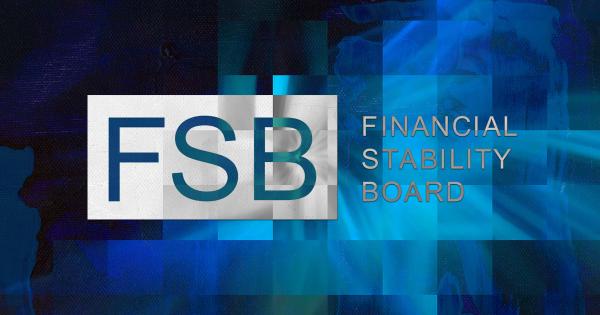The Financial Stability Board, an international body that monitors and makes recommendations about the global financial system, has finalized its global regulatory framework for crypto-asset activities and published several “high-level” recommendations for the regulation, supervision, and oversight of the crypto industry and markets.
The watchdog said the framework and recommendations were developed based on feedback received during its public consultation and an in-depth review of the events that took place in the crypto industry during the past year.
According to the FSB:
“The events of the past year have highlighted the intrinsic volatility and structural vulnerabilities of crypto-assets and related players.”
Additionally, high-profile collapses in the industry — such as FTX — have demonstrated the potential for a domino effect when critical service providers fail, causing risk to spread quickly throughout the ecosystem.
The FSB believes that the deepening connection between traditional finance and cryptocurrencies could increase risk levels in the broader financial market. To manage this potential threat, they suggest implementing stricter regulations on the cryptocurrency sector
The FSB’s framework aims to ensure that regulation related to cryptocurrencies and stablecoins is comprehensive and consistent across borders. It also aims to ensure that these rules do not stifle technological innovation in the industry.
Recommendations
The watchdog published two sets of distinct high-level recommendations as part of its framework. The first set includes new recommendations, while the second includes previous recommendations on stablecoins that have been amended in light of recent events.
The recommendations mainly focus on addressing the various risks to financial stability and establishing a baseline for regulators to build their own regimes.
The FSB stated that they have enhanced a number of their prior recommendations to better address three key areas to improve three key areas — safeguarding client assets, addressing risks stemming from conflict of interests, and improving cross-border cooperation.
The nine top-level recommendations include guidance on governance, disclosures, risk management, regulatory tools, and regimes, as well as cross-border cooperation between regulators.
The FSB also clarified that these recommendations do not apply to central bank digital currencies, which are essentially considered central bank liabilities in digital form.
The post Financial Stability Board releases framework for global crypto-asset regulation appeared first on CryptoSlate.










